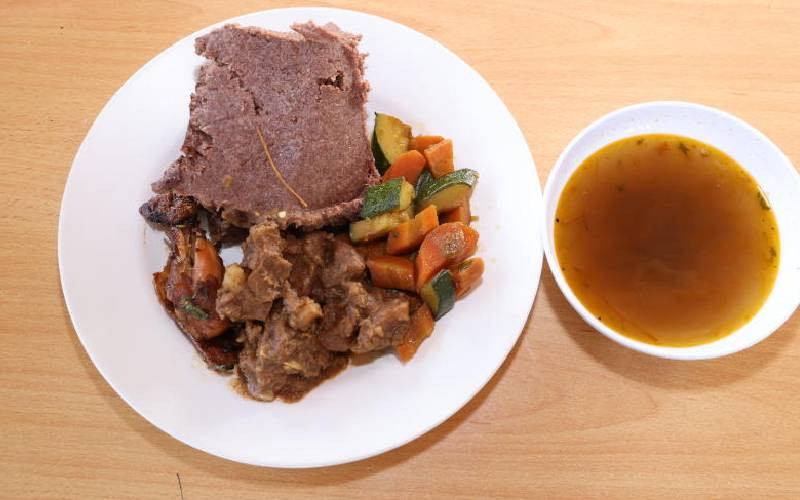×
The Standard e-Paper
Home To Bold Columnists

Every day, Kenyans in different homes around the country prepare meals that include "healthy" vegetables. For urban dwellers, the vegetables are often purchased from the market.
"I look for succulent sukuma wiki (kale); well-defined onions; or round, big, unblemished tomatoes," says Leah Wafula, a mother of two.